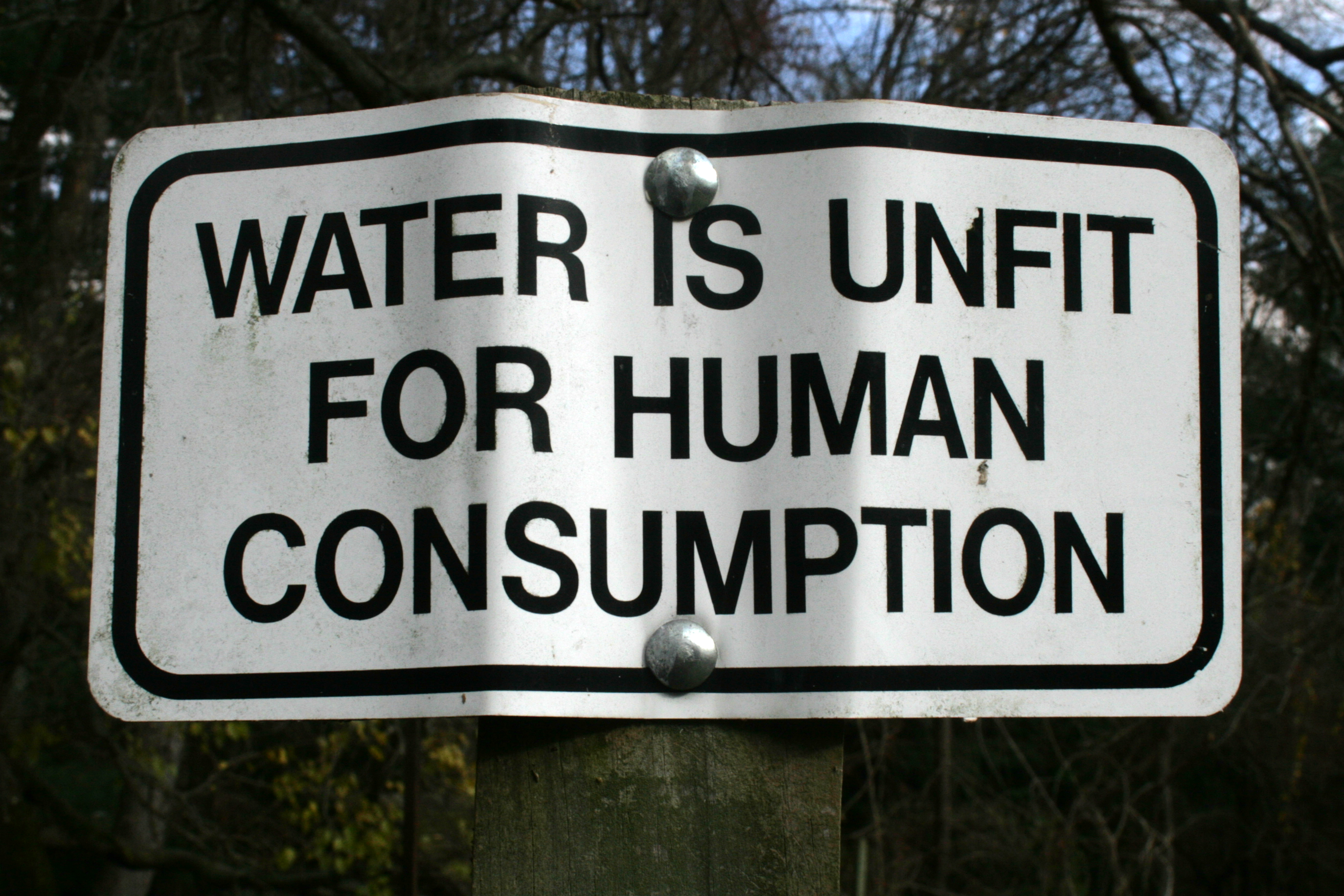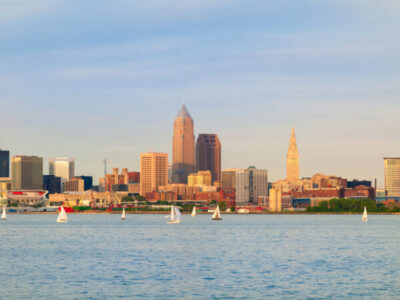
After the depths of the Flint crisis, unexpected praise: groundwater quality, Line 5 in the spotlight
When you’re a water-wealthy state in a water-needy world you’re always in the spotlight and every stewardship misstep of the resource is magnified.
That’s Michigan’s burden.
It’s like the architect who has designed a thousand bridges but the critics only remember the one that failed.
If you asked people on the street what they think of when you say Michigan and drinking water, it wouldn’t be surprising for the knee-jerk response to be “Flint.”
The self-inflicted disaster of Michigan’s Flint’s water crisis will be etched in people’s memories similar to other environmental disasters like the Cuyahoga River catching on fire in 1969.
And as diligently and tirelessly as Michigan has worked to recover from “Flint,” suspicion and doubt don’t easily subside.
But Michigan got a boost recently from neighboring Chicago when a strident environmental activist praised Michigan for its post-Flint work on replacing lead service lines that carry water to people’s homes.
“Michigan has become a leader”
“Believe it or not, Michigan has become a leader in the battle against lead contamination in drinking water, putting in place the strongest protections in the country – more strict than any other state or federal statutes,” Henry Henderson recently wrote in a Chicago Tribune opinion column.
Henderson runs the Chicago office of the Natural Resources Defense Council.
NRDC attorneys actively worked to support Flint citizens as the crisis unfolded when most Great Lakes environmental groups sat out the Flint crisis.
Henderson said other states have “much to learn from the Great Lake state” then went on to chastise Illinois for inaction on lead service lines.
“In Michigan, they’re tackling the source of the problem head-on” by focusing on infrastructure.
While expensive, Henderson said Michigan recognized that the only way to protect public health would be to get rid of the lead pipes.
In Chicago, Henderson is known for his sharp criticism and for not dishing out casual praise.
For Michigan, Flint’s water issues are fading but others loom..
Looming issues
The grassroots environmental group FLOW recently took Michigan to task in a highly-critical position paper on groundwater where they said “Michigan’s groundwater is shabbily treated in both policy and practice.”
The report cited the unresolved threats from septic tanks, legacy contaminants, emerging chemicals like PFAS and more.
Michigan has “a tradition of failing to protect groundwater,” the report says.
Sharp Michigan response
“There is no shortage of proactivity from Gov. Snyder on groundwater contamination issues,” the Governor’s spokesperson Anna Heaton told Great Lakes Now.
Heaton said the governor has “worked diligently to identify new resources to remediate contamination and specifically to provide funding for cleanup of orphan sites, to prevent any further groundwater contamination.”
Michigan is the only state in the nation that is testing all water systems for PFAS and Michigan’s action-team has become a model for other states, according to Heaton.
Michigan’s Department of Environmental Quality (MDEQ) reinforced Gov. Snyder’s message on PFAS.
The MDEQ is currently sampling all 1,380 community water systems in Michigan and responding accordingly on a case-by-case basis to assure Michigan residents are provided safe drinking water,” spokesperson Tiffany Brown said in response to a Great Lakes Now inquiry.
Brown said that MDEQ is also working with state legislators to secure sustainable funding for water infrastructure projects “especially in emergency situations that threaten public health.”
Neither Gov. Snyder’s office or the MDEQ addressed the lack of laws to deal with septic tank pollution.
Reluctant governors, Asian carp and Line 5
Having a wealth of water brings other challenges for Michigan.
After taking office in 2011, Michigan’s Gov. Snyder revived regular meetings of Great Lakes governors that had been dormant for years. The purpose was to discuss environmental and economic issues in the region with the goal of finding solutions to shared problems.
After an initial success in 2013, attendance by the governors dwindled with many delegating participation to senior staff. Wisconsin Gov. Scott Walker was the exception.
Snyder is term-limited and leaves office in January. It will likely be up to his successor to determine the future of the meetings as Michigan is seen as the de facto leader on water issues in the region.
Asian carp remain a significant threat and Snyder has been a champion for the region to keep them at bay. But little progress has been made since 2009 on making necessary infrastructure changes to Chicago’s waterways system at the federal level.
That leaves the aged underwater Line 5 oil pipeline that traverses Michigan’s iconic Straits of Mackinac, one of the visible pillars of Michigan’s tourism identity.
The Straits have been declared one of the worst possible places for an oil spill on the Great Lakes. Unpredictable currents and frozen conditions mean a pipeline rupture could lead to an environmental and economic disaster.
Anti-pipeline activists who want Line 5 decommissioned have been gaining momentum since 2011 when its existence and the risk hit the spotlight.
Pipeline safety is essentially a federal responsibility but Michigan has authority and responsibility for Line 5 under the state statute which requires the bottomlands where the pipeline rests to be managed by the state in the public interest.
Snyder has said he prefers that Line 5 be decommissioned and potentially replaced by a tunnel to transport oil under the Straits.
Spokesperson Heaton told Great Lakes Now that a decision on Line 5 is planned for October but did not comment further saying details are pending.
A major oil spill in the Straits of Mackinac would be a blow to Michigan’s tourism economy again calling into question the state’s ability to effectively manage its wealth of water resources.
——————–
For more on groundwater in Michigan, participate in today’s (Monday, October 1st at 1pm EST) webinar by going to A Groundwater Emergency; see Groundwater: The Sixth Great Lake, and Great Lakes Now’s documentary Beneath the Surface chronicles the issues surrounding Line 5.
Featured Image: Water is unfit for human consumption, Photo by woodleywonderworks via flickr.com cc 2.0




